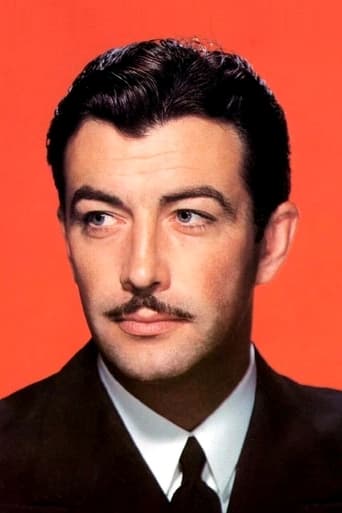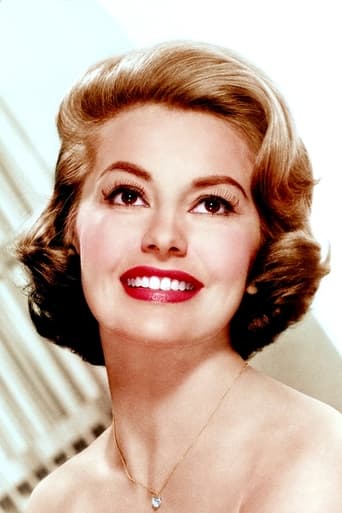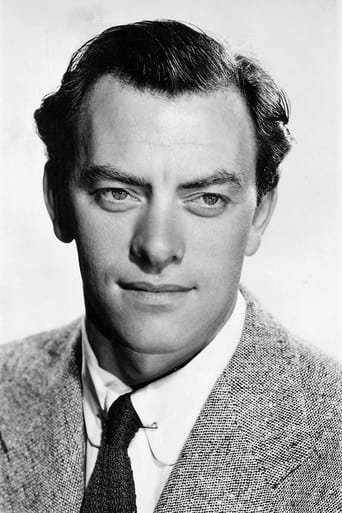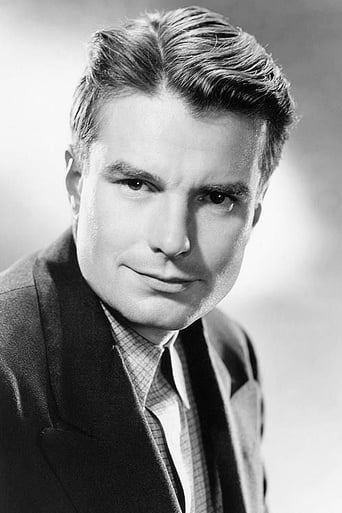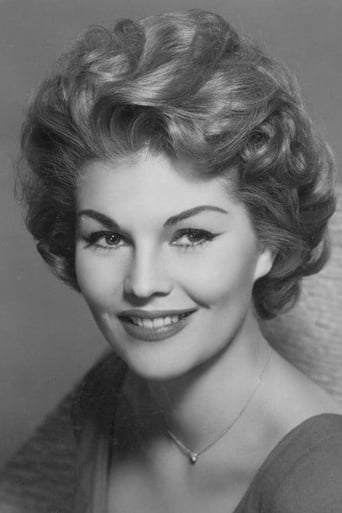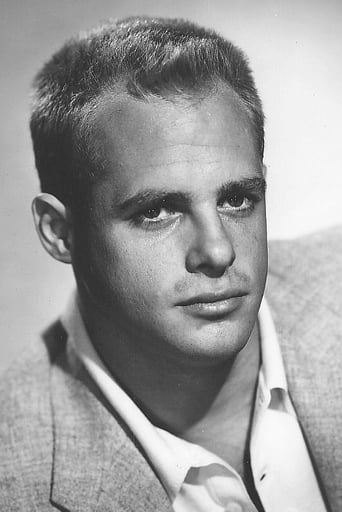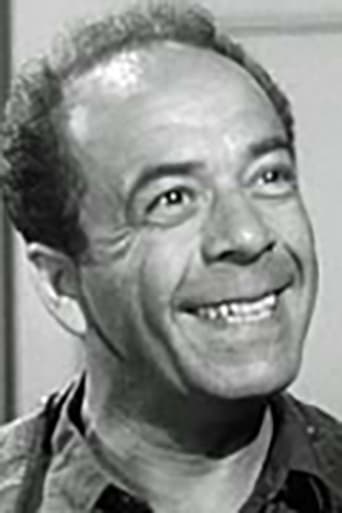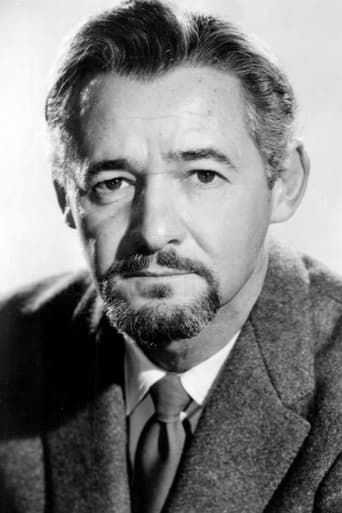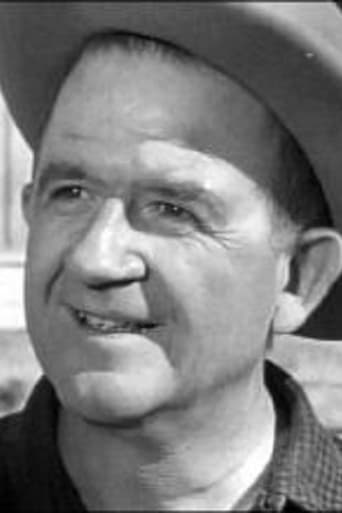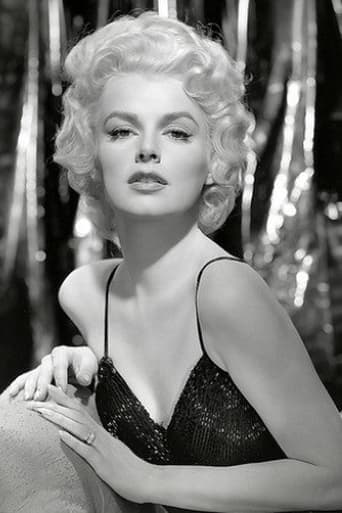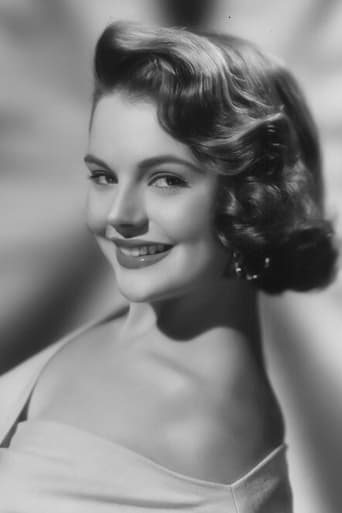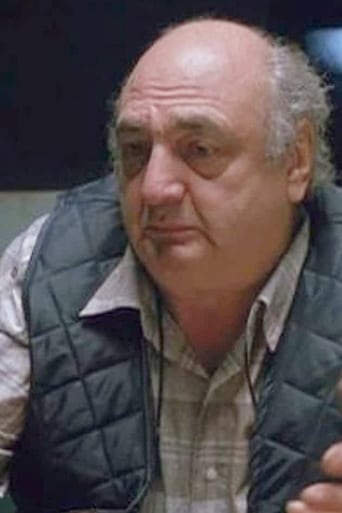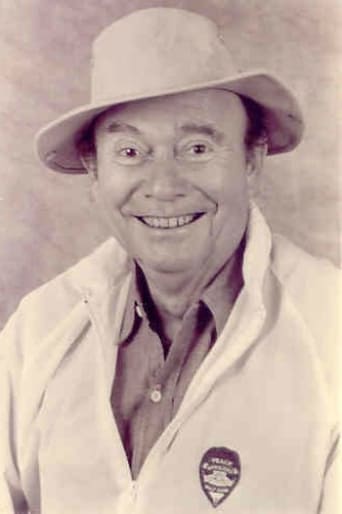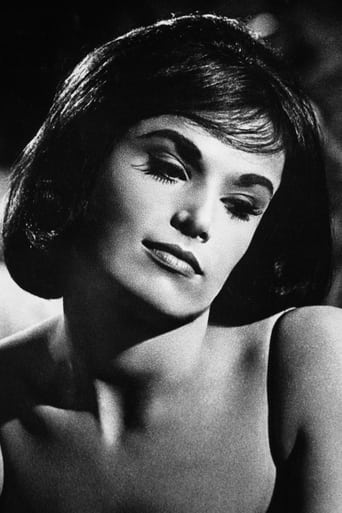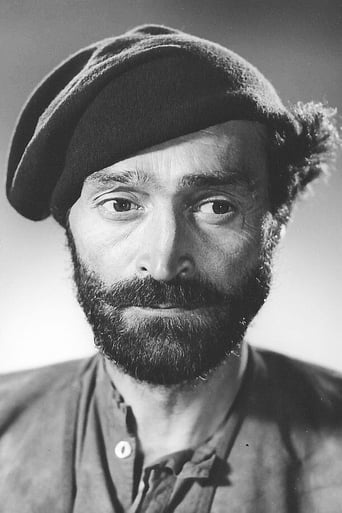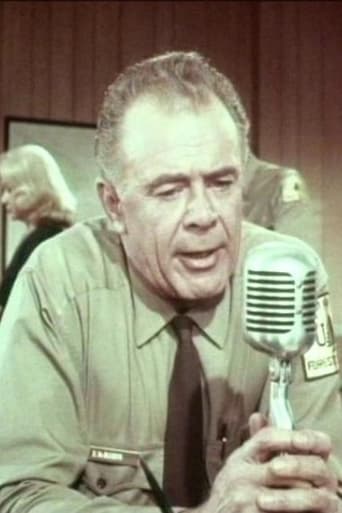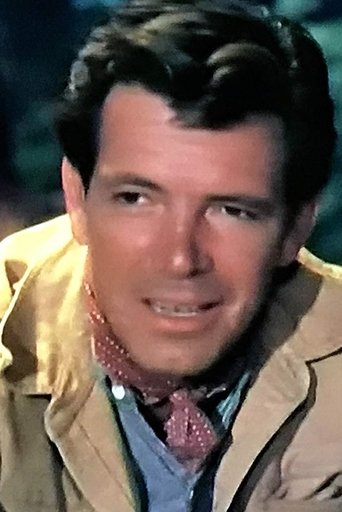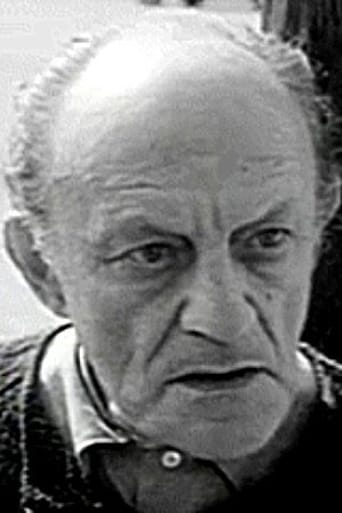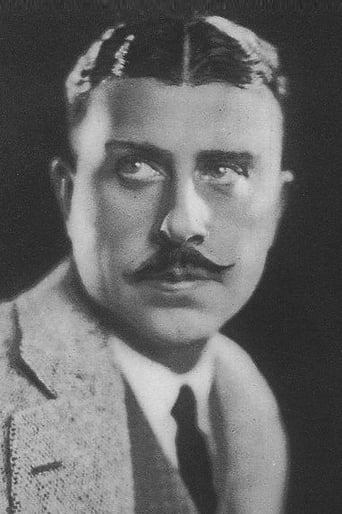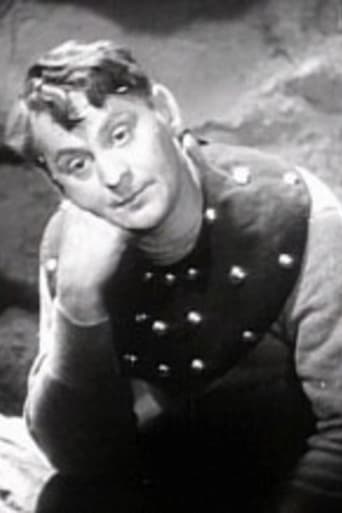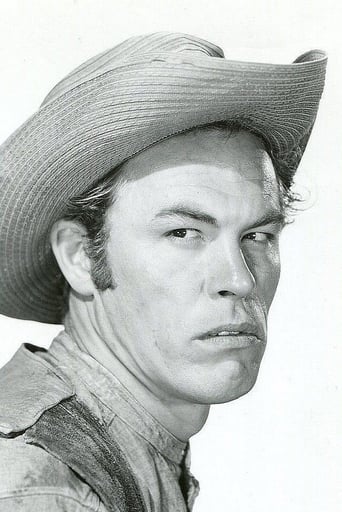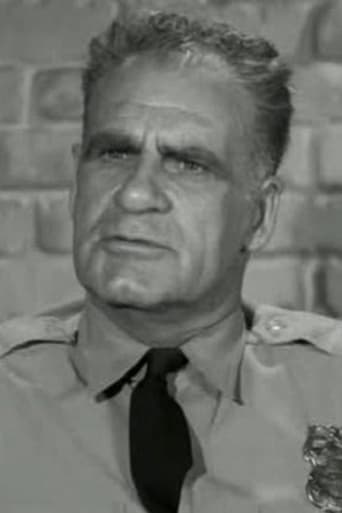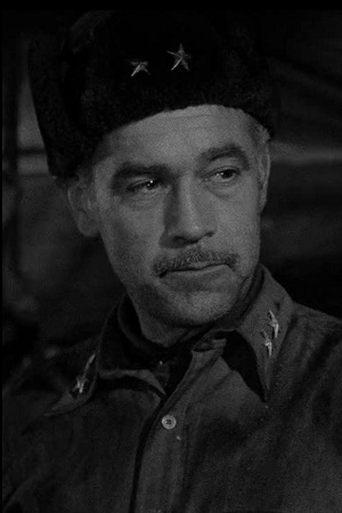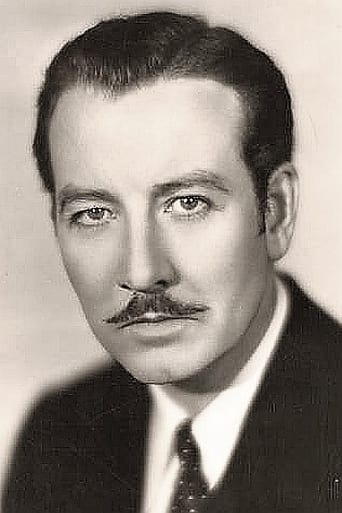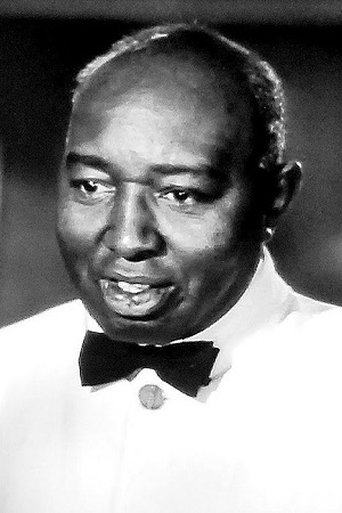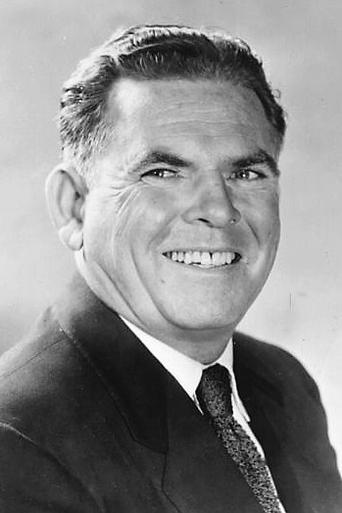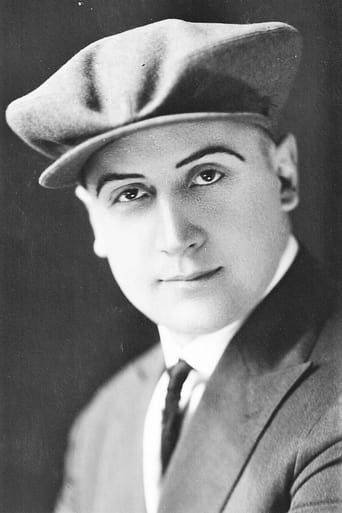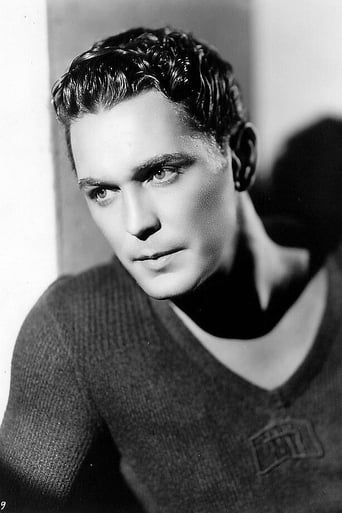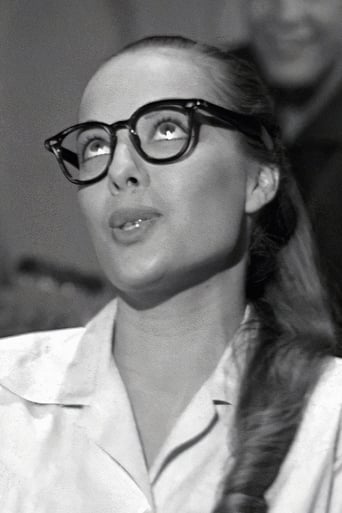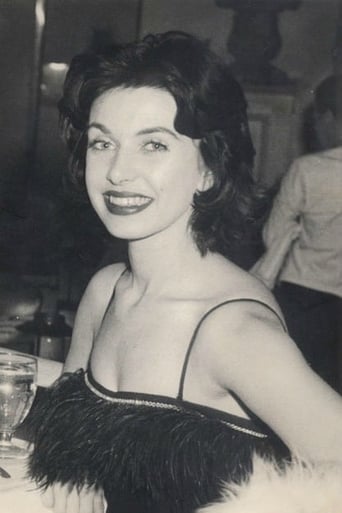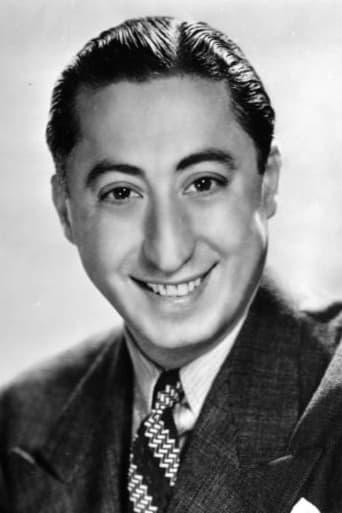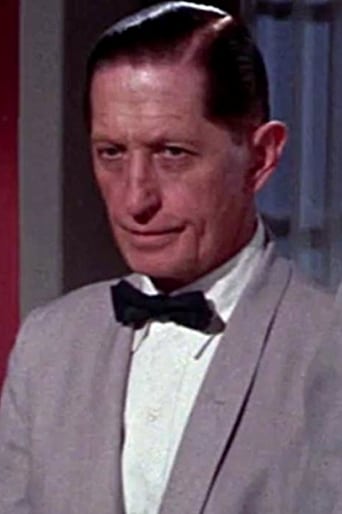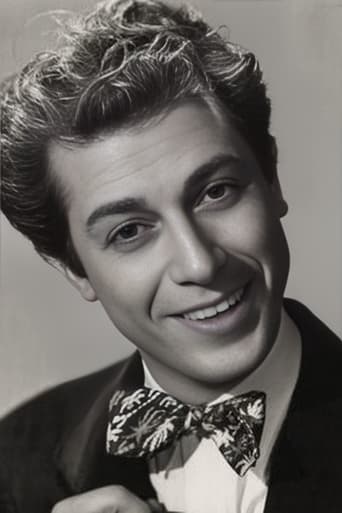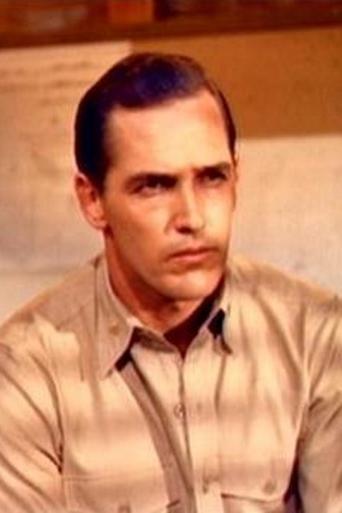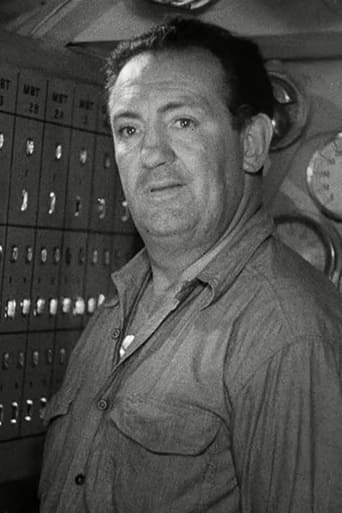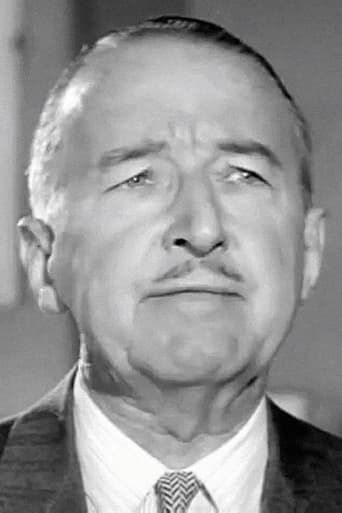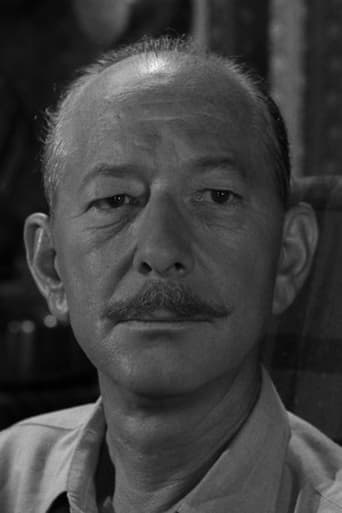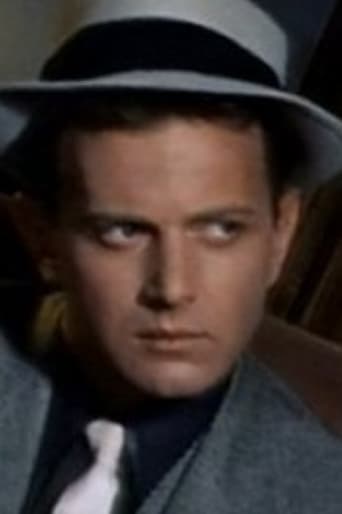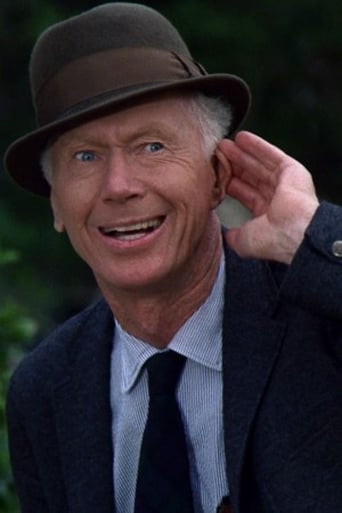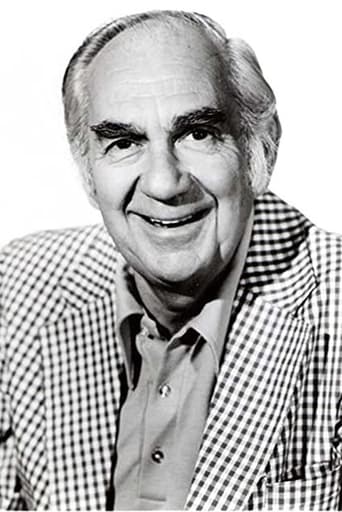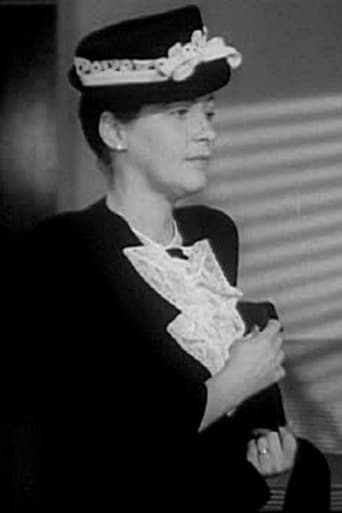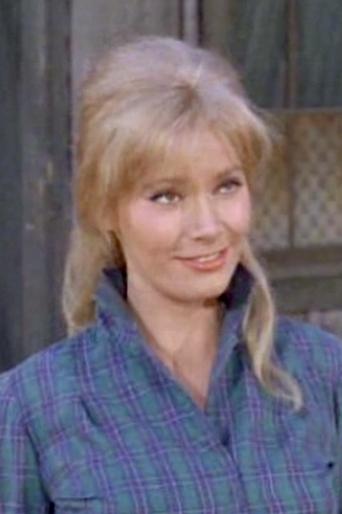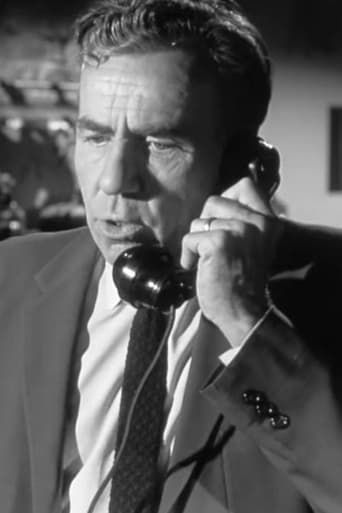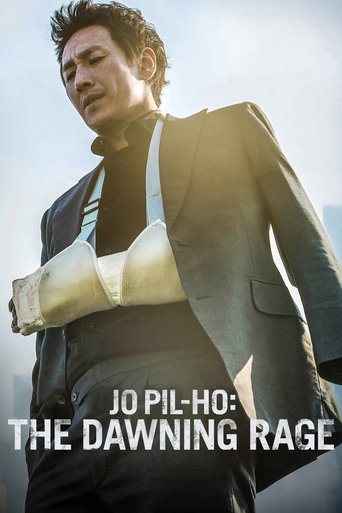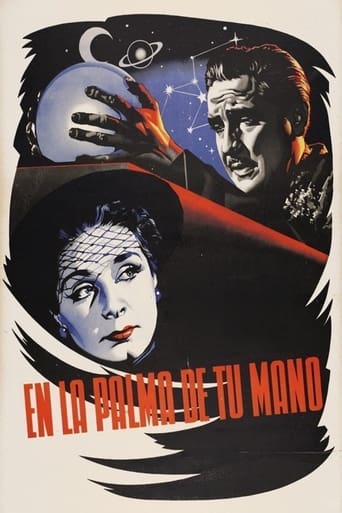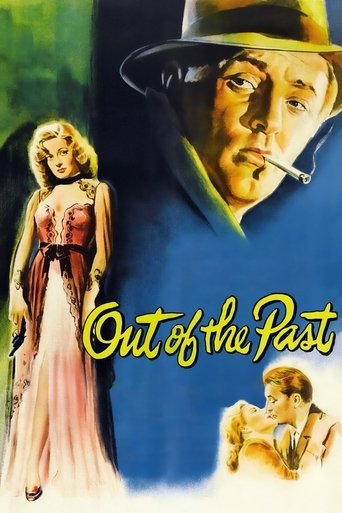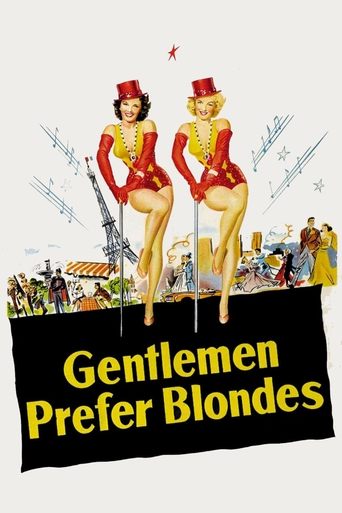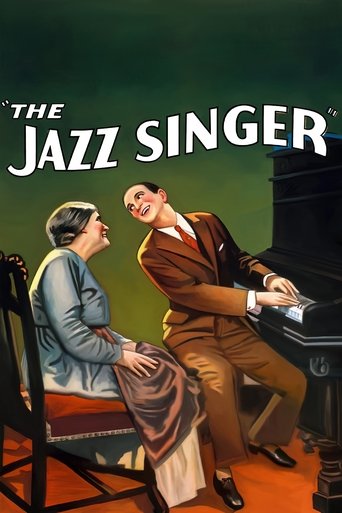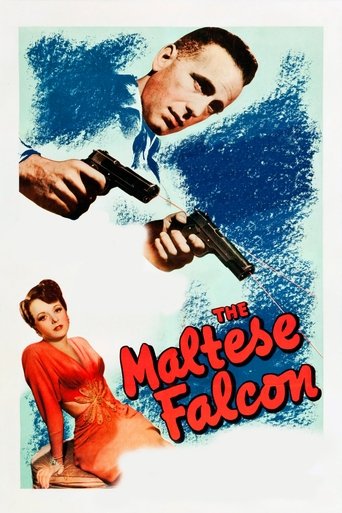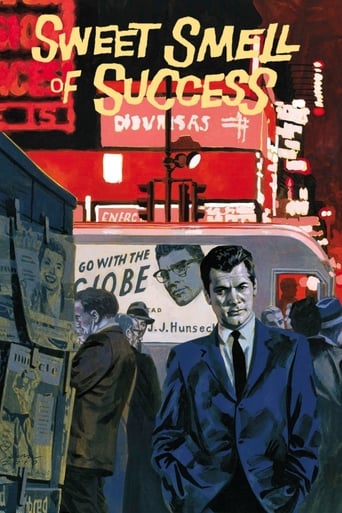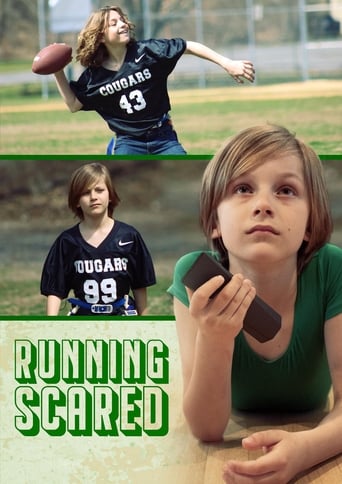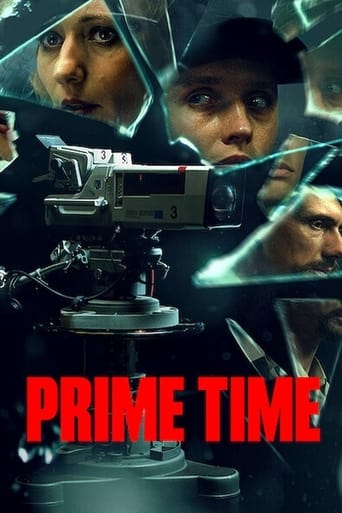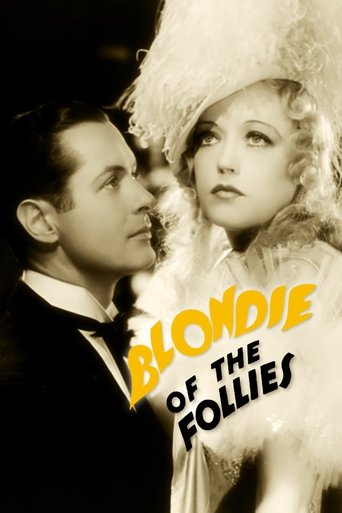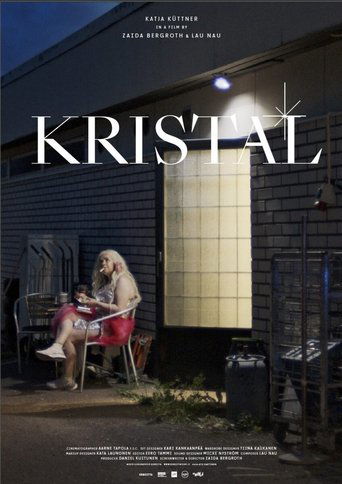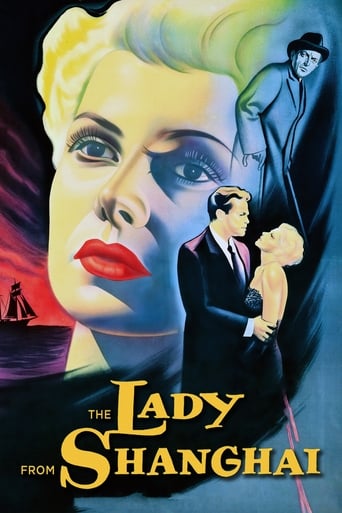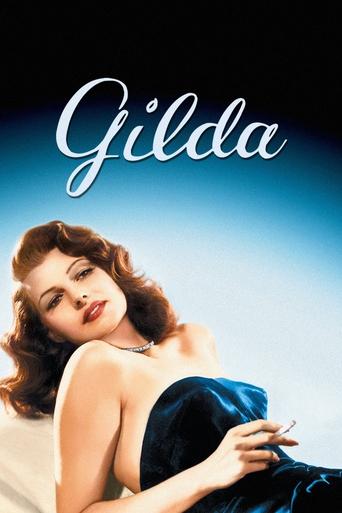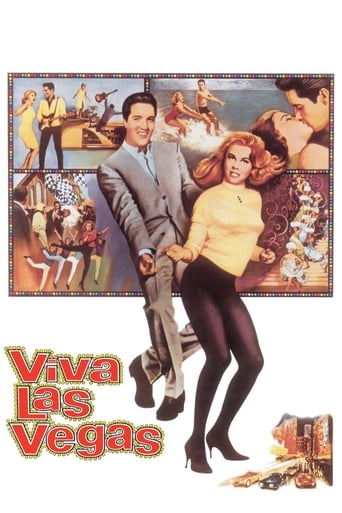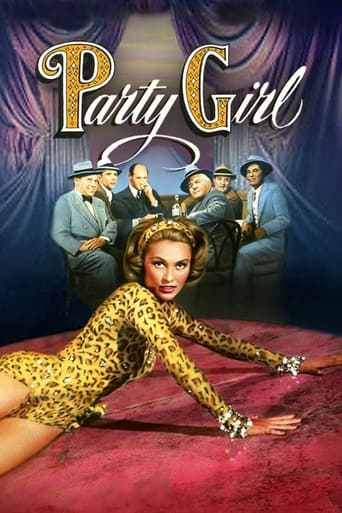
Party Girl (1958)
Slick lawyer Thomas Farrell has made a career of defending mobsters in trials. It's not until he meets a lovely showgirl at a mob party that he realizes that there's more to life than winning trials. Farrell tries to quit the racket, but mob boss Rico Angelo threatens to hurt the showgirl if Farrell leaves him.
- Nicholas Ray
- Robert Sidney
- Erich von Stroheim Jr.
- George Wells
- Leo Katcher
- Sammy Cahn
Rating: 6.8/10 by 66 users
Alternative Title:
Chicago, año 30 - ES
Chicago, años 30 - ES
Country:
United States of America
Language:
English
Runtime: 01 hour 39 minutes
Budget: $1,758,000
Revenue: $2,380,000
Plot Keyword: dancer, film noir, hostage situation, showgirl, mob boss, ethical dilemma, trial lawyer
I know a girl a girl called Party, Party Girl. Crippled Lawyer Thomas Farrell (Robert Taylor) has made a career defending crooks in trials, so much so he's now the front line defender for the Chicago mob. But into his life comes dancer Vicki Gayle (Cyd Charisse), who as he starts to fall in love with her, makes him see that his life is worth so much more than that. However, mob king Rico Angelo (Lee J. Cobb) is keen to retain Farrell's services, at any price it seems. There's no getting away from it, Party Girl (a euphemism for a prostitute) features a very standard formulaic plot. It's also a very misleading title in that it doesn't scream out this is a crime picture. Directed by Nicholas Ray for MGM (his last for one of the big hitting studios), it's adapted by George Wells from a story by Leo Katcher. Supporting the three principal actors are John Ireland & Kent Smith. Robert J. Bronner (Jailhouse Rock) provides photography and the film is a CinemaScope/Metrocolor production. Set as it is in prohibition Chicago, it allows Ray to rise above the simple formula and blend his knack for visual touches with interesting characterisations. If we really are going to cement this in the film noir genre? Then it's more down to the director than anything in the story. Yes there's themes such as alienation, vulnerability and the core essence potential for tragi-love-born out of two characters stuck in differing forms of prostitution. But the script is so weak it needed Ray to put an almost surreal sheen over it. There's exotic dancing featuring prominently, some what a given with the weak Charisse starring (in fairness to her it's one hell of a cliché riddled role), but again Ray crafts in such a way it doesn't let the film feel too sprightly. Which is something that this lush production is in danger of being at times. Yet line those dance numbers alongside scenes such as a portrait of Jean Harlow being shot to pieces, or of Charisse being questioned by a policeman's Silhouette - and you get an oddity. And a very enjoyable one at that. This was Taylor's last contract film for MGM, and fittingly it's one of his very best performances. Again one tends to think this is probably down to Ray's coaxing, but regardless, Taylor plays Farrell with vulnerable elegance and a steely eyed determination that carries Charisse along with him. Thus the romance is believable, and yes, engaging. Cobb does another in his long line of larger than life characters. Chewing the scenery as much as his Rico character chews on his cigars. While Ireland is a by the numbers thug for hire and Kent Smith a talking prop. There's a fleeting performance from Corey Allen as baby faced psychopath Cookie La Motte, a character that the film could have definitely done with more of. Here's the main problem with Party Girl, it's just not edgy or dangerous enough. Which in a film involving gangsters, murders and crooked court cases, is an issue is it not? But thanks to Ray and Taylor the film overcomes the many flaws to wind up being a very enjoyable crime-love story based picture. Film noir though? Well that's debatable really. But lets not get into that... 7/10

